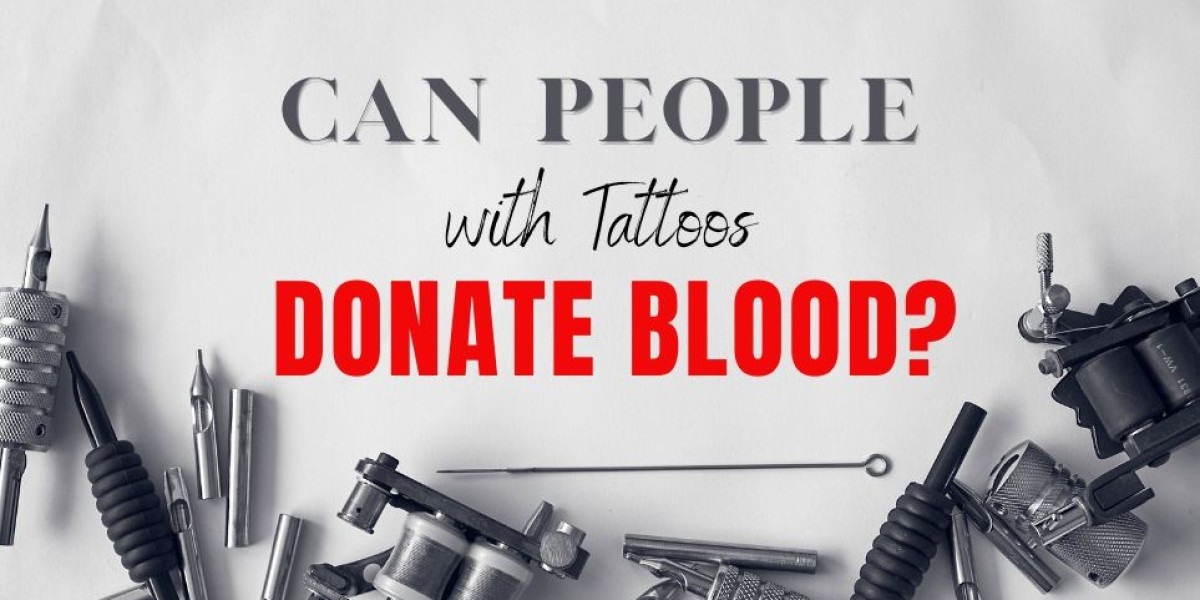The Beginning
A lot of people have pain in their trapezius muscles and neck. This pain can be caused by bad posture, worry, overuse, or any number of injuries. The upper back and neck muscles called trapezius are very important for supporting the head and neck and making shoulder movement easier. When these muscles get tight or strained, they can hurt, become stiff, and make it hard to move around. This can have a big effect on a person's quality of life.
How the Trapezius Muscles Are Built
To understand how pain in the trapezius muscles and neck affects you, you need to know how they are put together. The trapezius muscles are wide and triangular. They run from the base of the head to the middle of the back and across the shoulder blades. There are three main parts to them: the upper, middle, and lower trapezius.
Upper Back Muscles
This muscle starts at the base of the head, on the occipital bone, and ends in the lateral third of the clavicle. The main job of this muscle is to lift the shoulders, like when you shrug.
Middle of the back
The middle trapezius is in the middle of the muscle, between the upper and lower parts. The nerve starts at the spinous processes of the upper thoracic vertebrae and ends at the spine of the scapula. It is the job of the middle trapezius to pull the scapula back and toward the spine.
Lower Back Muscles
This muscle starts at the spinous processes of the lower thoracic vertebrae and ends at the spine of the scapula. Its main job is to press down on and rotate the scapula upwards. This helps with moves like pulling the shoulders back and down.
Why the trapezius muscles and neck hurt so often
Bad Posture: Bad posture is one of the main reasons people get pain in their trapezius muscles, especially if they work at a desk or on a computer for long periods of time. When you slouch or hunch forward, you can put too much stress on your trapezius muscles, which can cause pain and tightness in your neck and upper back.
Nerves and stress
Tension and stress can also make the trapezius muscle hurt. When the body is stressed, it tends to tighten up, which makes muscles, like the trapezius, painfully tight. Stress that lasts for a long time can make this problem worse, causing muscle tightness and pain that won't go away.
Overuse or Movements Done Over and Over
The trapezius muscles can get strained and overworked if you do the same moves over and over or use your neck and shoulder muscles too much. This happens a lot to people whose jobs require them to do the same things over and over, like lifting, carrying, or working high.
Pain O Soma 500Mg is a prescription medicine that treats muscle pain in the most effective manner. It also offers quick relief from any discomfort which is caused by the muscle contractions. It provides relief from acute painful muscle to the adults. It also treats skeletal condition in the adults. The medicine should be taken only by a Doctor’s advise.
Damage or Injury
If you hurt your neck or shoulders, like in a car accident or a fall, you could damage the trapezius muscles. This can cause pain, stiffness, and a smaller range of motion. Sometimes, the damage can also hurt nerves or nearby tissues, making the symptoms worse.
Changes in Daily Life
When someone has pain in their trapezius muscles or neck, it can really mess up their daily life and make it hard for them to do normal things. For people who have pain in their trapezius muscles, simple actions like turning their heads, reaching overhead, or lifting things can be hard and painful.
Performance at Work
People whose jobs require them to sit or move in the same way for long periods of time, like office workers, computer programmers, or assembly line workers, can have trouble with their efficiency and job performance when they have pain in their trapezius muscle. Having trouble focusing because of pain and limited range of motion can make you less productive and more likely to miss work.
How well you sleep
Pain in the trapezius muscle can also make it hard to find a good sleeping position and affect the quality of sleep. When you lie down, the stiffness and pain in your neck and shoulders may get worse, which can make you sleepless at night and tired during the day.
Health of the mind
Neck and trapezius muscle pain that doesn't go away can be bad for your mental health and make you more likely to experience stress, anxiety, and sadness. Being in pain all the time and not being able to move around much can make people frustrated, irritable, and lower their quality of life.
Options for treatment and management
Therapy for the body
People who have pain in their trapezius muscles are often told to go to physical therapy to get stronger, more flexible, and able to move in more ways. Tension can be relieved and muscles can work properly again with therapeutic movements and stretches.
Changes for Ergonomics
By changing the height of the chair or computer screen, using ergonomic keyboards and mice, and taking regular breaks to stretch and move around, you can make your work surroundings more comfortable and help your trapezius muscles feel better.
Techniques for Dealing with Stress
Deep breathing exercises, meditation, yoga, or tai chi are all good ways to deal with stress. Adding these activities to your daily routine can help relax you and ease the pain in your trapezius muscle.
Methods for Managing Pain
If you have pain in your trapezius muscle, you may be told to take over-the-counter pain killers like nonsteroidal anti-inflammatory drugs (NSAIDs) or muscle relaxants. For some people with more serious or long-lasting symptoms, prescription drugs or injections may be needed.
Different Treatments
Alternative treatments like acupuncture, chiropractic care, massage therapy, or trigger point release methods may help people with pain in their trapezius muscles by focusing on specific areas of tension and encouraging healing and relaxation.
In conclusion
The trapezius muscles and neck pain can really lower a person's quality of life, making it hard for them to work, sleep, and do other normal things. It is important to know what causes trapezius muscle pain and how to treat it in order to effectively manage symptoms and improve general health. People can get rid of pain and discomfort and live happier, healthier lives by making changes to their workspace, learning how to deal with stress, and getting focused therapies.









